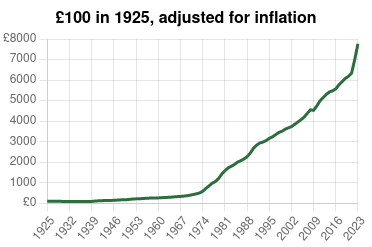In today’s economy there is a big difference between the place of production and the place of importation. The place of importation today is the customs post which is clearing goods for onward travel. At the turn of the twentieth century in the days of empire, it is arguable that the UK national frontier included or contained the colony concerned. One can be sure, however, that customs duty would not have been expected on goods leaving a colony and arriving in the UK.
In today’s post-Brexit economy, however, things are a bit different. The place of production determines the rate at which duty is payable (or zero percent, depending on the provenance of the goods). Regardless of duty, however, import VAT is due and can be considered a fiscal rite of passage. A consignment of goods arriving at a UK border post will have a customs value: this is the aggregate of the value of the goods, insurance, shipping and administrative costs (such as phytosanitary checks for plant material).
Zero duty goods will not be charged import VAT on the zero duty, but will be charged VAT on the rest of its customs value, at the applicable UK rate. Since import VAT is an aggregate, it will be levied on each component of the consignment at the applicable rate of VAT, for example haulage from point of origin to the customs post will be charged at 20%; food safety checks at, say, GBP 450 per container will be taxed at 20%, likewise freight insurance and office admin costs. In short, zero-duty goods will escape customs duty but not import VAT. The implementation of Sanitary and PhytoSanitary (SPS) checks in July 2023 will add another administrative layer to food imports as well as increased levels of import VAT when customs values rise.
The increased cost of importing food — or anything else for that matter — will not go unnoticed. The government’s additional tax revenue will take a bit of explaining. There is not a queue of UK politicians waiting to sell this delicate state of affairs to the electorate.





